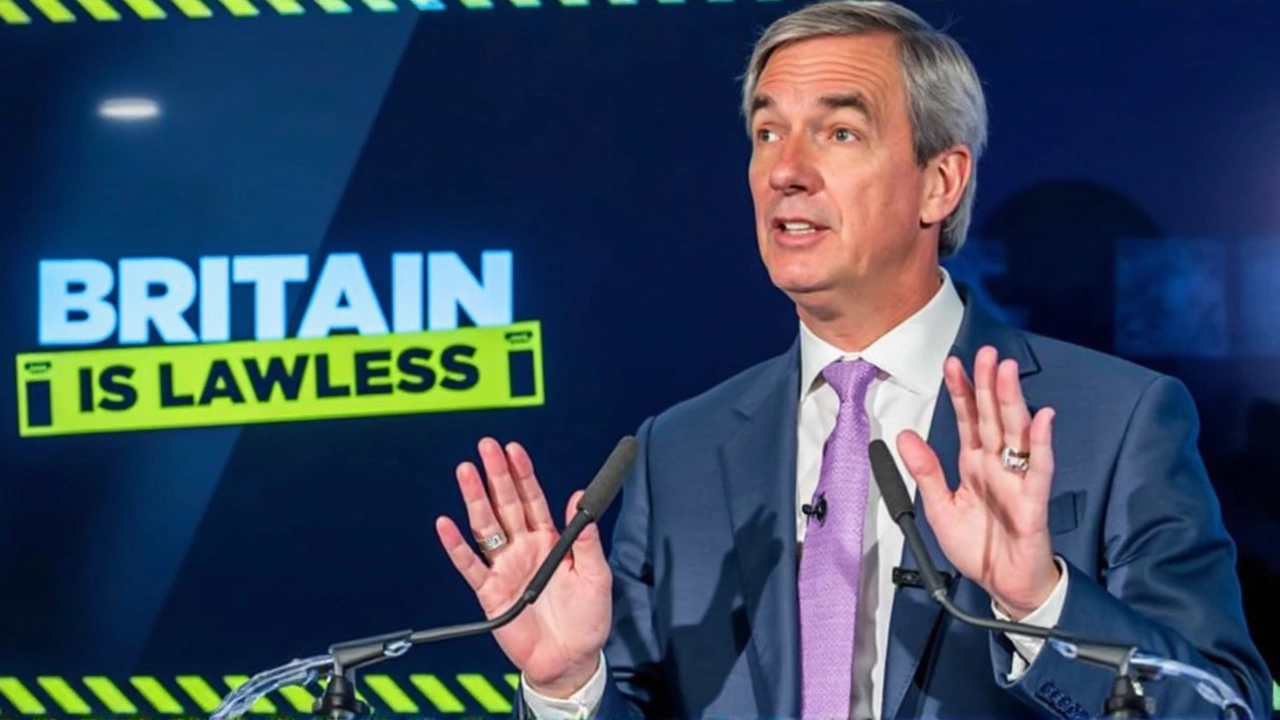Free Speech: What’s Happening Right Now?
Free speech is the hot topic on the streets, on social media and in the courts. Every day new stories spark fresh arguments about where the line should be drawn. If you want to know why a writer’s arrest at Heathrow is making headlines, or why a comedy creator’s comments are still sparking debate, you’re in the right place.
Recent Headlines That Matter
In late August, Graham Linehan was detained at Heathrow after posting content that authorities say could incite violence against transgender people. The Metropolitan Police took him to a hospital for a blood‑pressure check before releasing him on bail with a rule that bans further posts on the platform X. The case has ignited a nationwide conversation about policing, online conduct, and the limits of free expression.
Just a few weeks earlier, actor Chris O’Dowd spoke out about Linehan’s talent, saying he wishes the creator could still write for TV despite the controversy. O’Dowd’s comments reopened the question of whether an artist’s work can be separated from their personal views. Fans, journalists, and politicians are all weighing in, asking: does a creator lose the right to work when their private opinions cause public uproar?
Why the Debate Is So Charged
Free speech isn’t just a legal term—it’s a cultural flashpoint. In the UK, the balance between protecting individuals from hate speech and preserving open discussion is constantly being tested. The Linehan case shows how quickly online remarks can move from a tweet to a police investigation, especially when they target a protected group.
At the same time, many argue that the law should focus on actual threats, not on opinions that offend. They point out that stifling speech can set a dangerous precedent, making it easier for future governments to silence dissent. Others stress that words that fuel hate can lead to real‑world harm, and that some regulation is necessary to keep society safe.
What does this mean for everyday users? First, think before you post. If a comment could be seen as encouraging violence, it may attract legal attention. Second, stay informed about the changing standards—what was acceptable a few years ago might be a breach today. Finally, remember that the conversation itself is part of the free‑speech landscape; engaging respectfully keeps the dialogue alive and more productive.
Whether you’re a fan of Linehan’s sitcoms, a supporter of transgender rights, or just someone who likes to stay updated, the free‑speech debate touches us all. Keep checking the latest posts on this tag for fresh angles, expert opinions, and the real‑world impact of every headline. The story is still unfolding, and your voice is part of it.

Reform UK Promises to Scrap 'Dystopian' Online Safety Act if Elected
Reform UK, led by Nigel Farage and Zia Yusuf, vows to repeal the Online Safety Act, calling it 'borderline dystopian.' The party claims the law threatens free speech, while the UK government insists on moving forward. Critics from various groups highlight growing unease about state controls over digital platforms.
View more